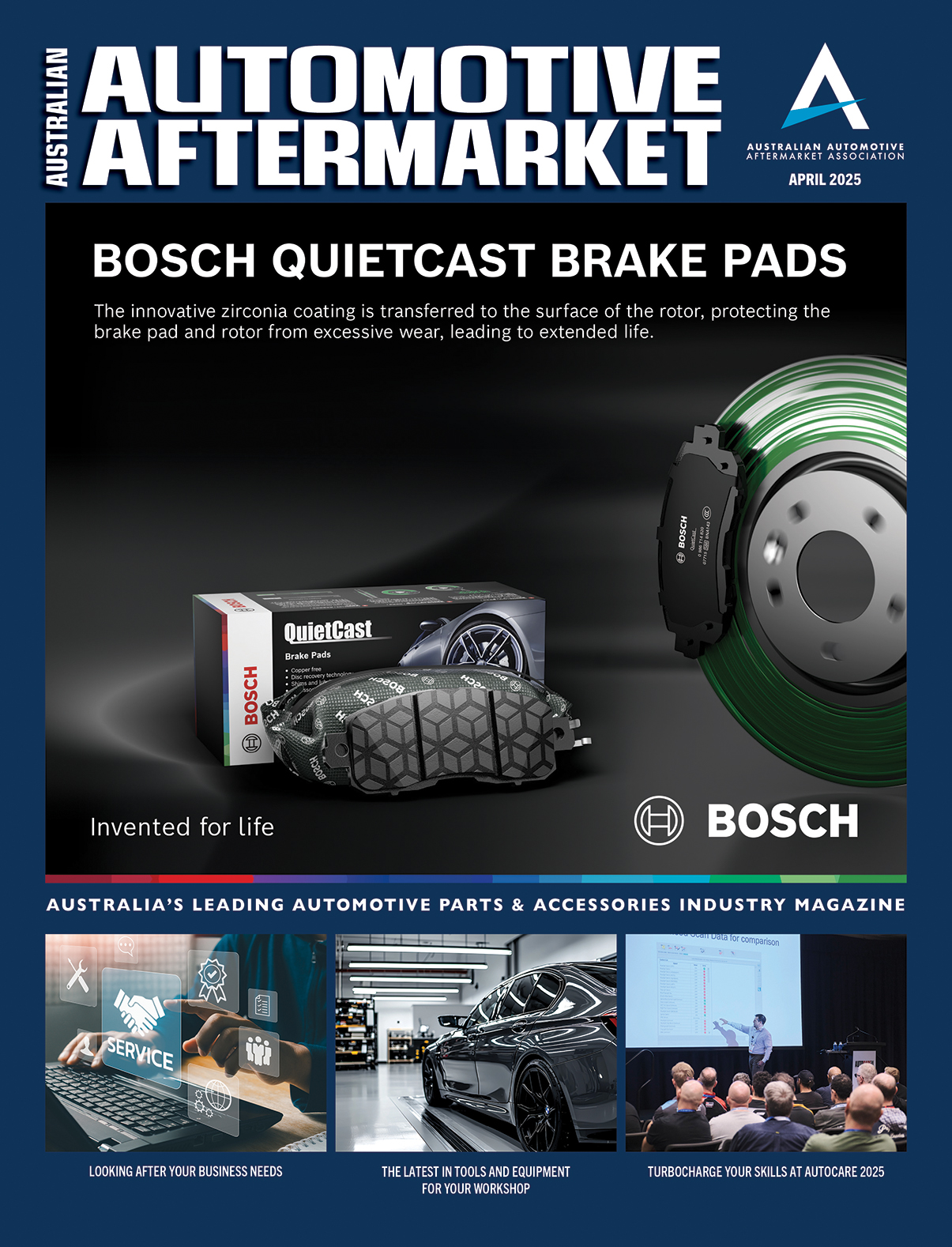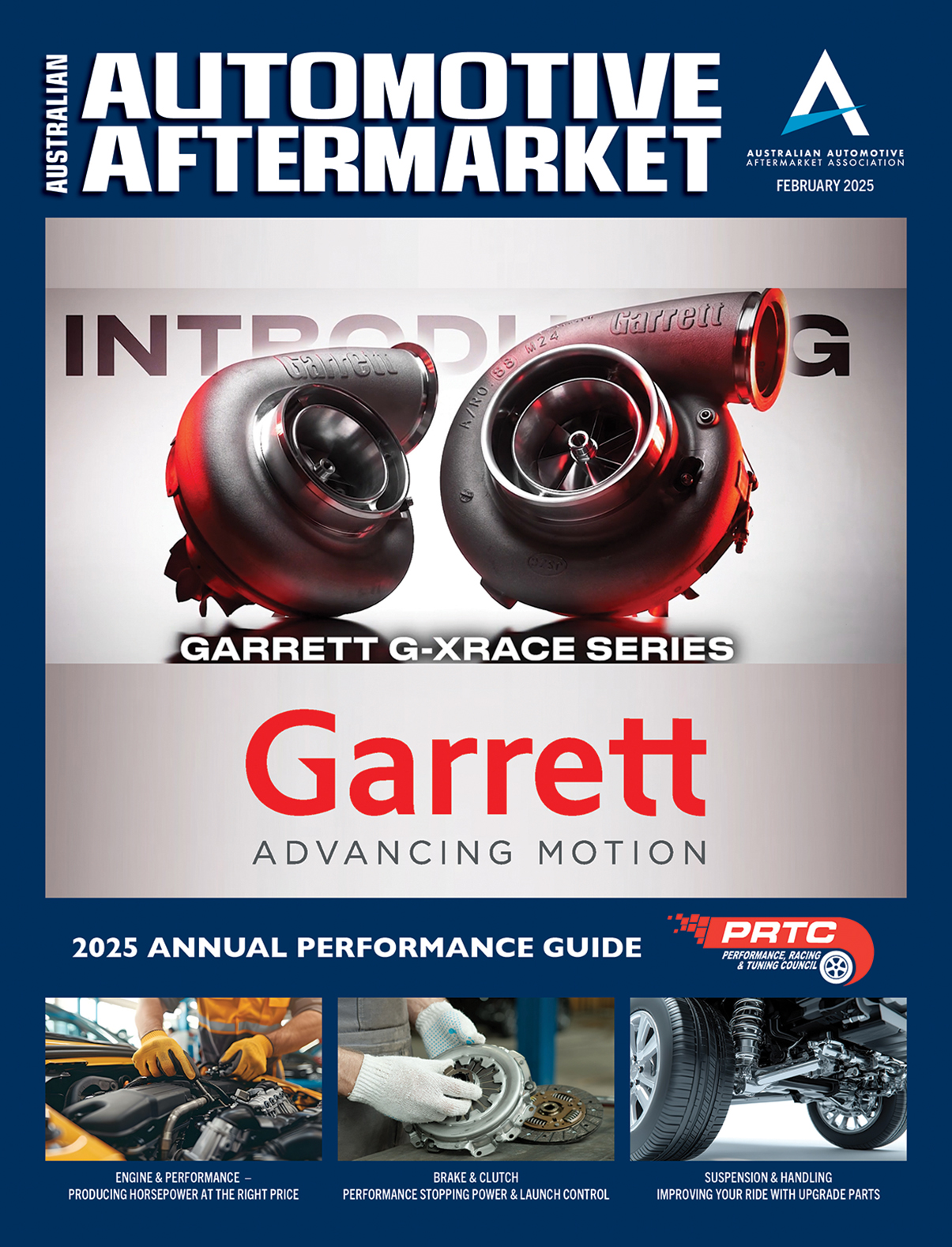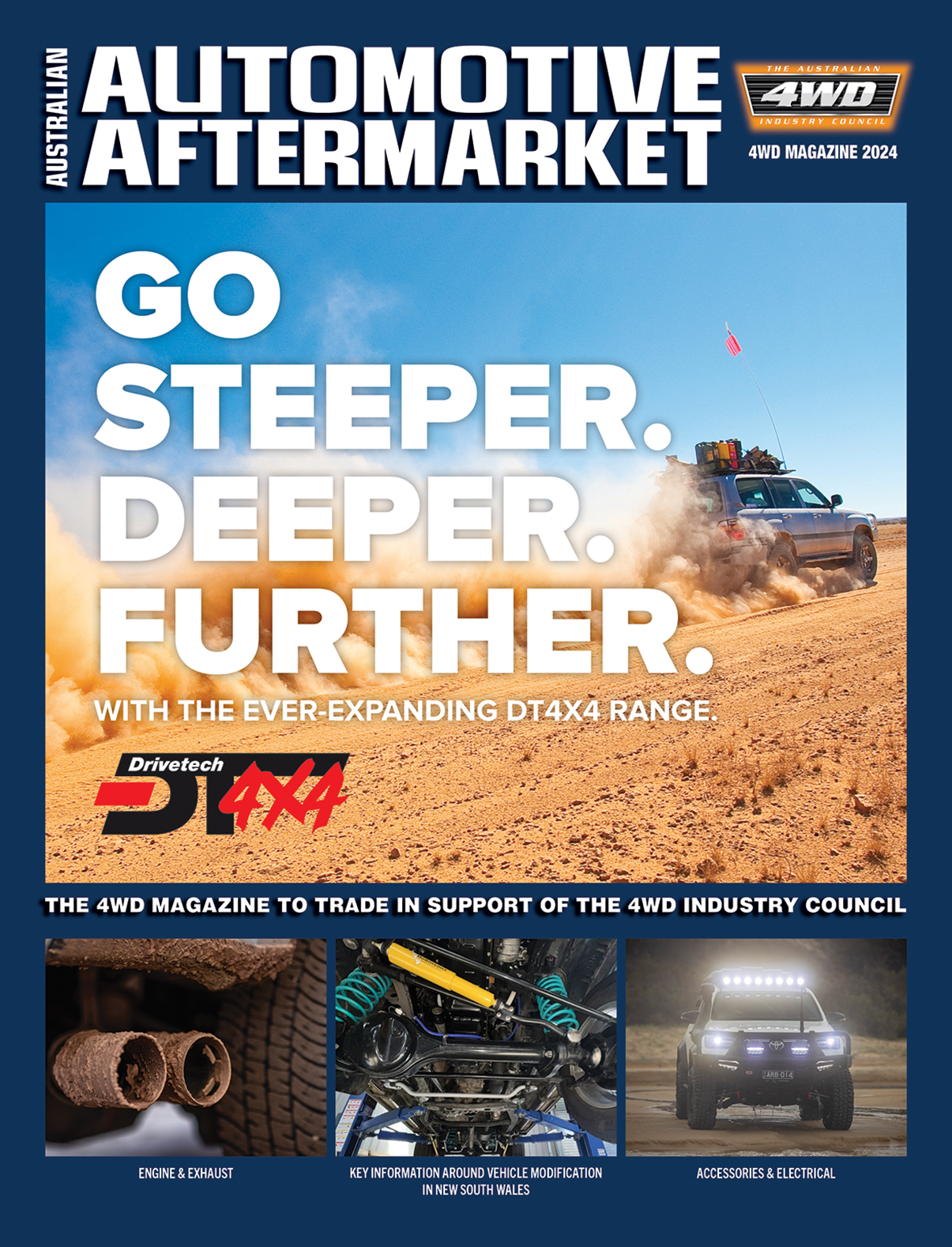THE BIRTH OF A BRAKE PAD
How Bendix develops pads which meet or exceed OE equivalents

As a leading friction material and brake component company that traces its roots in Australia back to 1955, Bendix boasts a huge amount of experience as both an OE and aftermarket supplier to the automotive industry.
When local vehicle manufacturing was in full swing, Bendix was a trusted brake pad supplier to the likes of Toyota, Holden, Ford, Mitsubishi and others, providing quality brake pad solutions that met exacting OE requirements.
While high volume local auto manufacturing may have wound up, Bendix says it remains committed to developing and supplying motorists with high quality braking solutions for both older and all-new models.
In all cases, Bendix says the goal is for the Bendix replacement to not only meet, but exceed OE equivalents.
Development process
In the case of disc brake pads for new models, Bendix explains that it undertakes a thorough audit of the manufacturer pad.
It is a process that begins with a 3D scan allowing the company’s industrial designers to develop its own Unigraphics CAD drawings, leading to perfect clearances and edges, and a flawless fit in the finished product.
From the drawings, Bendix develops a backing plate and also scrutinises all components of the source pad, particularly the friction material.
Engineers analyse the composition of the friction material using a powerful electron microscope, which allows them to identify the various compounds and materials used in the formula and in what quantities.
The analysis lets Bendix compare the friction material to existing Bendix formulas, and develop its own versions with a view to surpassing the performance of what was originally provided by the manufacturer.
Additionally, Bendix can adjust its formulas to produce friction material blends to suit various applications and driving styles.
As an example, some motorists may prefer pads that offer a balanced performance for everyday commuting such as the General CT range, where owners who enjoy more spirited driving could opt for pads from the Ultimate+ range, which provide reduced brake fade and added bite.

In house testing
Once the friction formula has been finalised, Bendix manufactures sample pads in its prototyping laboratory, a facility which allows the company to make small volumes ready for testing without having to go into full production mode.
Among the evaluation protocols are a series of dynamometer brake tests that measure noise, performance and wear on three different machines.
Certain tests see the pads run continuously on the dyno for seven days, experiencing intermittent brake applications at various speeds (up to 175 kp/h), while another will expose the pads to braking temperatures of over 300 degrees C.
The noise dyno sees the pads mic’d up to analyse volume, ensuring performance meets Bendix’s low noise benchmarking.
During the testing, all SAE (Society of Automotive Engineers) procedures are adhered to. Following these laboratory tests, Bendix moves to real-world vehicle trials using its own fleet. If an exact model is not available the closest available vehicle within the segment will be chosen, one with similar size, weight and broader specifications.
Bendix says its commitment to developing high quality OE replacement disc brake pads and an exhaustive testing process sees Bendix pads rated as ‘E+ Original Equipment Fit’.
This rating reportedly ensures the design, construction and performance requirements – as well as test protocols – meet strict European OE specifications, including testing for braking capabilities, speed sensitivity and cold performance.
Bendix says the results are disc brake pads that allow drivers to put their foot down with confidence no matter what the vehicle or conditions.
For more information, visit www.bendix.com.au









